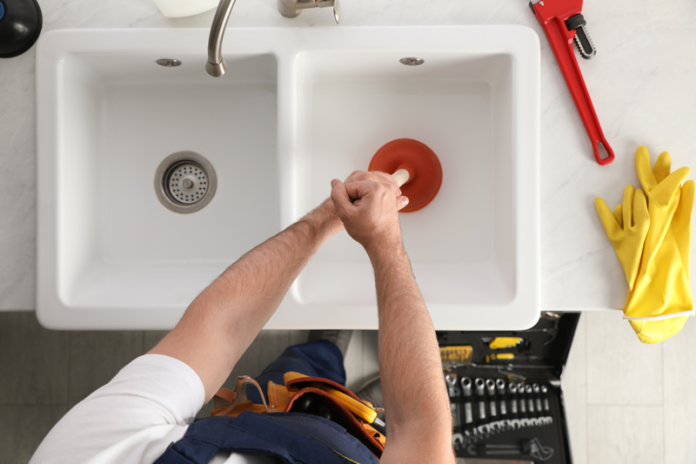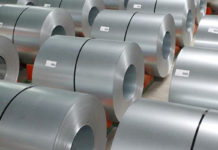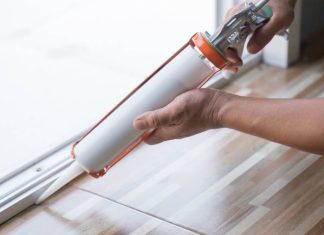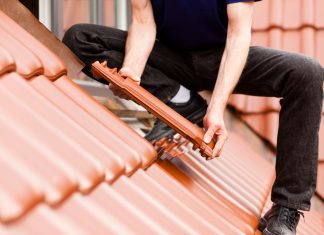The importance of proactive maintenance in avoiding costly drain repairs cannot be overstated. Neglecting to maintain drains properly can lead to many problems that can quickly escalate into expensive repairs. By taking preventative measures and regularly maintaining your drains, you can not only prevent unnecessary expenses but also ensure the longevity of your plumbing systems.
Common Causes of Clogged Drains
There are several common causes of clogged drains, including:
- Accumulation of food debris and grease in kitchen drains
- Hair buildup in bathroom drains
- Foreign objects such as toys or jewelry flushed down the toilet
- Tree roots infiltrating sewer lines
These issues can easily be prevented by implementing proactive maintenance practices. For example, regularly cleaning out hair traps in shower drains and properly disposing of kitchen waste can go a long way in preventing clogs.
How to Implement Proactive Drain Maintenance
Implementing proactive drain maintenance is relatively simple and can be done by following these steps:
- Regularly clean hair traps in shower drains and remove any accumulated debris.
- Avoid flushing foreign objects down the toilet, including feminine hygiene products and wet wipes.
- Dispose of kitchen waste properly, avoiding putting grease or large food scraps down the drain. You can use a drain screen to catch any small food particles.
- Schedule regular professional drain cleanings to thoroughly remove any buildup or blockages.
- If you have trees near your sewer lines, consider installing root barriers to prevent roots from infiltrating and causing damage.
In conclusion, proactive maintenance is crucial in avoiding costly drain repairs. By taking the time to maintain your drains regularly, you can prevent clogs and backups, extend the lifespan of your plumbing systems, and avoid costly repairs. Remember to follow the simple steps outlined above to keep your drains in top condition and save yourself unnecessary expenses in the future. So don’t wait until it’s too late – start implementing proactive maintenance practices today!















